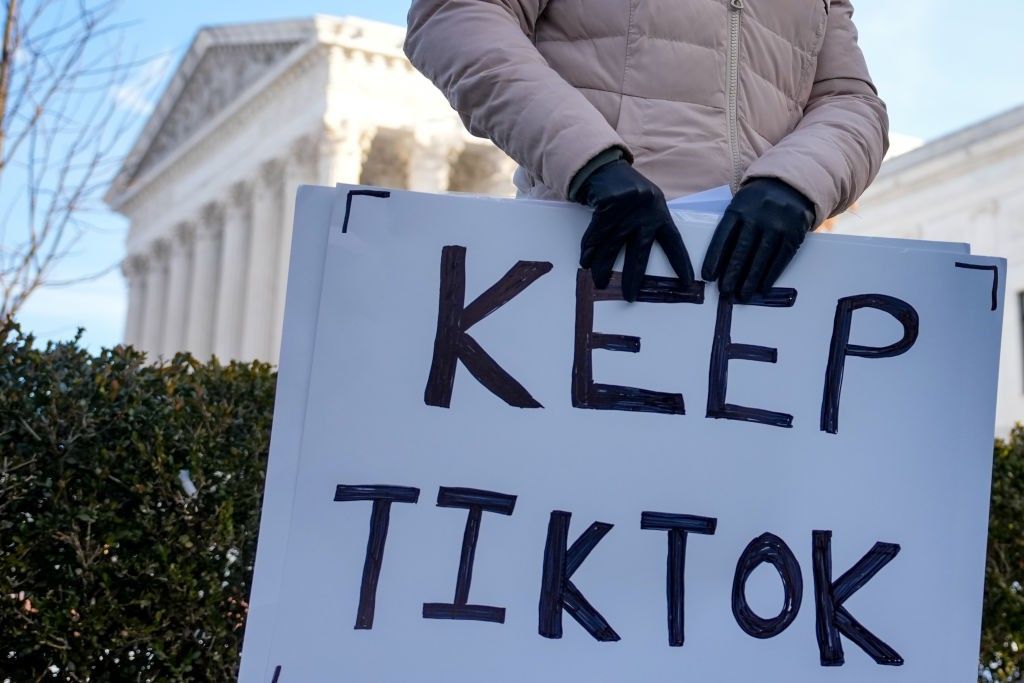Church leaders and some conservative politicians condemned the performance as a perversion of the scene, recounted in the Bible, on the eve of Jesus’ trial and crucifixion.
House Speaker Mike Johnson (R-La.) on Saturday called the performance a “mockery [that] was shocking and insulting to Christian people around the world.” A U.S. telecommunications firm, C Spire, said it was pulling its advertising from the Summer Games. The French Conference of Catholic Bishops also objected.
In the Gospel accounts of the Last Supper, Jesus shares bread and wine with his disciples and instructs them to eat and drink in his memory — the basis for the Eucharist, or Communion, the central ritual in Christian worship.
Organizers apologized during the Games’ daily news conference on Sunday.
“Clearly there was never an intention to show disrespect to any religious group,” spokeswoman Anne Descamps told reporters. “If people have taken any offense we are, of course, really, really sorry.”
On Friday, shortly after the performance, the Olympics posted photos of the blue man on X. “The interpretation of the Greek God Dionysus makes us aware of the absurdity of violence between human beings,” the post reads.
It doesn’t mention the Last Supper, and some on social media insisted that the performance depicted a Dionysian feast.
“The idea was to do a big pagan party linked to the gods of Olympus,” Opening Ceremonies choreographer Thomas Jolly told the Paris-based BFM network on Sunday, according to France 24. “You’ll never find in my work any desire to mock or denigrate anyone.”
But organizers reportedly acknowledged Sunday that Jolly “took inspiration from Leonardo da Vinci’s famous painting to create the setting.”
“[Jolly] is not the first artist to make a reference to what is a world-famous work of art,” Paris 2024 said in a statement to The Wrap. “From Andy Warhol to ‘The Simpsons,’ many have done it before him.”





















Discussion about this post